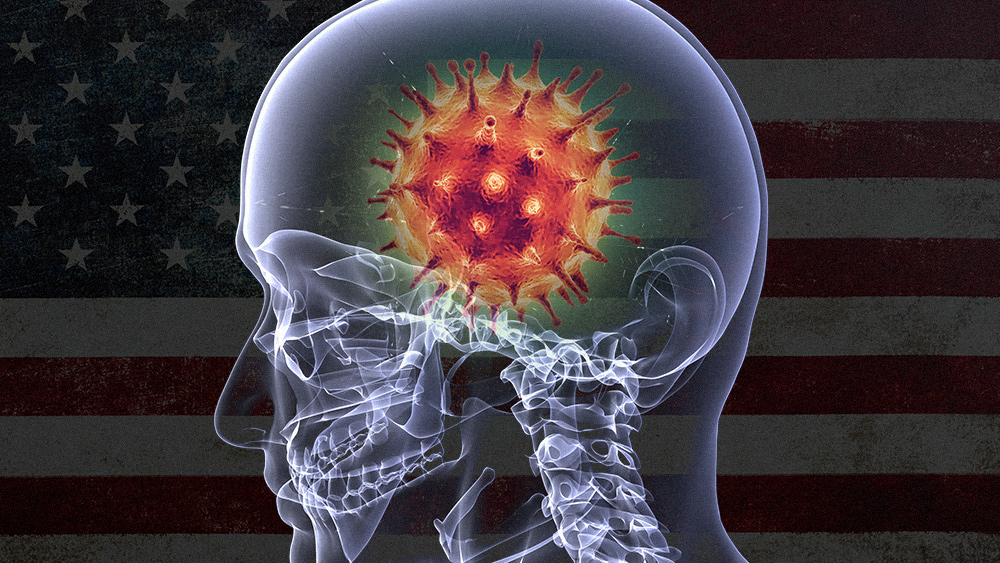
The analysis showed that more than 8.3 million American adults currently suffer from a serious mental health condition. This equates to 3.4 percent of the adult population, a rate higher than previous CDC estimates of less than 3 percent. The analysis also revealed that serious psychological distress were more common in women than in men. The researchers also found that middle-aged adults had higher rates of serious mental conditions compared with younger adults. Furthermore, serious psychological distress appeared to be more prevalent among Hispanics and African Americans compared with whites.
"Although our analysis does not give concrete reasons why mental health services are diminishing, it could be from shortages in professional help, increased costs of care not covered by insurance, the great recession, and other reasons worthy of further investigation... Based on our data, we estimate that millions of Americans have a level of emotional functioning that leads to lower quality of life and life expectancy. Our study may also help explain why the U.S. suicide rate is up to 43,000 people each year," said lead researcher Judith Weissman in a public release in EurekaAlert.org. (Related: Keep track of the latest developments in mental health at Psychiatry.news and Mind.news)
The findings were published in the journal Psychiatric Services
Recession may have contributed to the SPD uptick
The economic recession that spanned between 2007 to mid-2009 may have contributed to the increase in serious mental health conditions as financial challenges may have proved more difficult for patients already affected by psychological distress, the study's lead researcher said. According to researchers, access to professional help diminished over the same period.
The study revealed that 9.5 percent of patients surveyed in 2014 did not have health insurance that provided coverage for psychiatric help and counseling, up from only 9 percent in 2006. The study also showed that 10.5 percent of patients encountered treatment delays due to inadequate insurance coverage, an increase from only 9.5 in 2006. Furthermore, nearly 10 percent of respondents surveyed in 2014 were not able to pay for necessary psychiatric medications, compared with only 8.7 percent in 2006.
“The recession seemed to have pushed the mentally ill to a point where they never recovered. This is a very disturbing finding because of the implications of what mental illness can do to a person in terms of their ability to function and their life span. There is this generation of middle aged adults that are really suffering right now and if policies change, if we increase access to mental health care and we increase coverage for mental health care, we can save the next generation,” Weissman added in an article in NewScientist.com.
Researchers said the recent findings indicate a growing concern over the declining access to mental health care. The results may have negative implications especially for smaller communities, the researchers noted. In addition, the researchers inferred that poor treatment rates may be correlated with the limited number of mental health professionals across the country. The lead researcher stressed the need to emphasize the importance of mental health in primary care establishments and hospitals in the U.S.
The recent findings coincide with a 2016 report indicating a shortage of mental health professionals across the U.S. According to Mental Health America's State of Mental Health Report, more than 50 percent of American adults with serious mental health conditions do not receive necessary treatment. The report ranked Connecticut number one in terms of health care access, followed by Massachusetts, and Vermont. Nevada came in last due to severe shortage in mental health professionals.
Sources:
Please contact us for more information.























